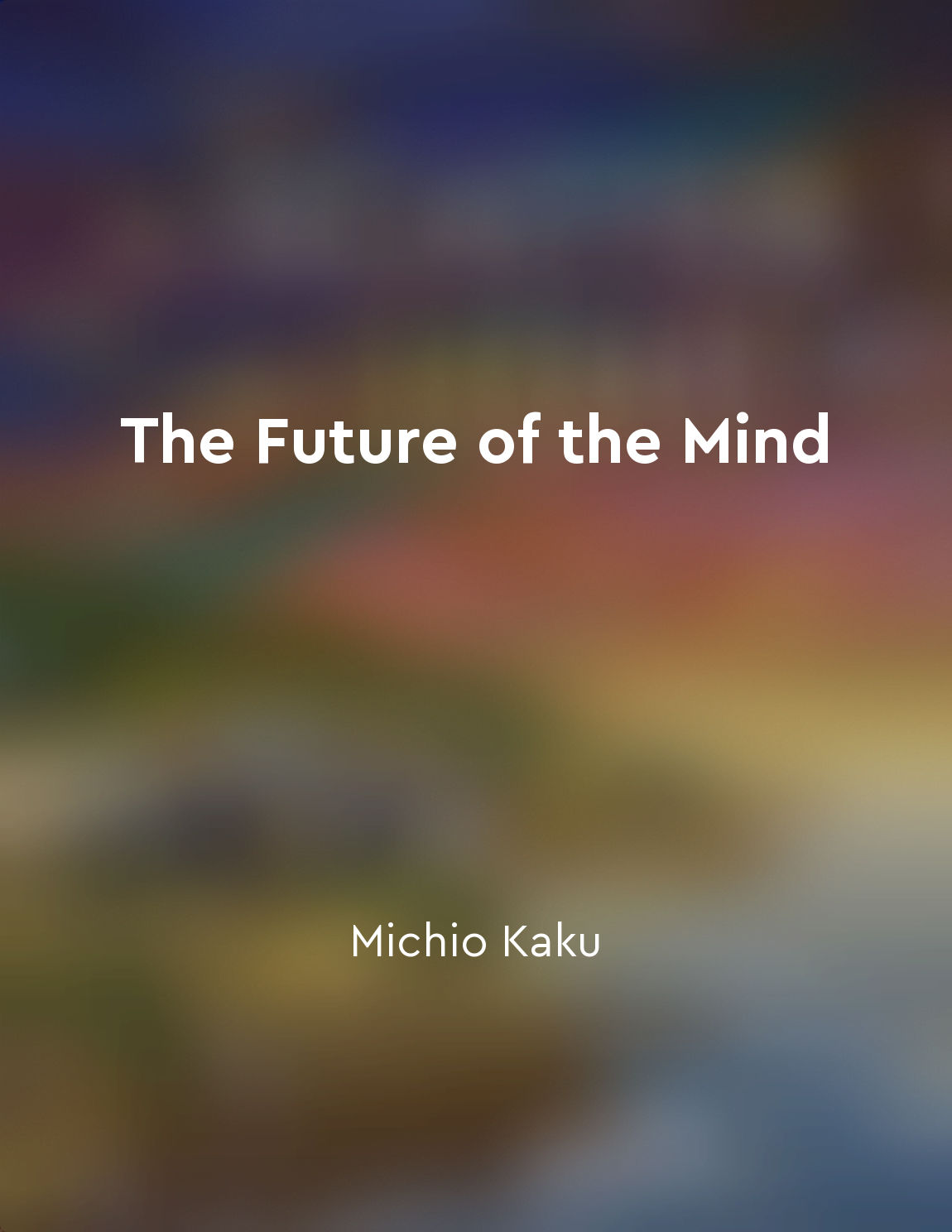Buddhism and neuroscience share insights from "summary" of Where Buddhism Meets Neuroscience by The Dalai Lama
The intersection between Buddhism and neuroscience is a fascinating area of study, where two seemingly disparate fields come together to explore the nature of mind and consciousness. Both disciplines offer unique perspectives on these fundamental aspects of human experience, with Buddhism drawing on centuries of contemplative practice and introspection, and neuroscience utilizing the latest advances in brain imaging and cognitive science. One of the key insights shared by Buddhism and neuroscience is the idea that our perception of reality is not always accurate. Both traditions recognize the role of mental processes in shaping our experiences, whether through cognitive biases and distortions, or through the influence of emotions and conditioning. By examining the mind from both an external and internal perspective, we can begin to see how our thoughts and perceptions are constructed, and how they can be altered through training and practice. Anot...Similar Posts
The practice of meditation can alter our relationship to our thoughts
Meditation has the power to transform our relationship with our thoughts. When we sit down to meditate, we are instructed to si...
Emotions are the bridge between the mind and body
Emotions are the bridge between the mind and body. They are the language that "speaks" to every cell in our body. When we exper...
Social norms influence individual behavior
It is a common belief that individuals make decisions based on their own preferences and desires. However, this perspective ove...
Operant conditioning involves reinforcement and punishment
Operant conditioning is a form of learning that involves changing behavior through the use of reinforcement or punishment. Rein...
Emotional responses shape brain function
The way we respond emotionally to the events and experiences in our lives plays a crucial role in shaping the functioning of ou...
Consistent mindset shifts can lead to lasting change
When you learn something new, you are essentially making new connections in your brain. These connections are formed through th...

Brainto-brain communication could revolutionize interpersonal relationships
Imagine a world where we can communicate directly from one brain to another, bypassing the need for words or gestures. This con...
Engaging in right speech, right action, and right livelihood is integral to Buddhist practice
In Buddhism, the concept of engaging in right speech, right action, and right livelihood is emphasized as being integral to the...
Trust in the process of transformation
Trust in the process of transformation means having faith and confidence in the journey of change that you are undertaking. It ...
